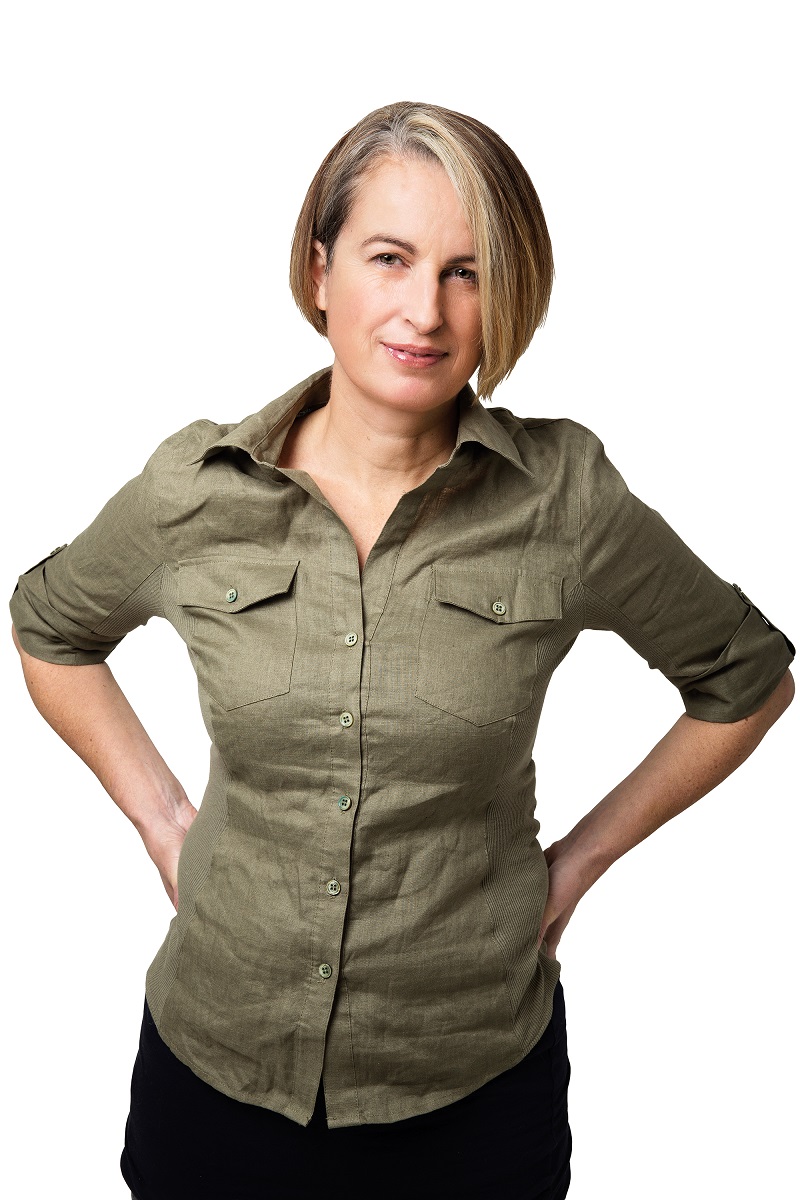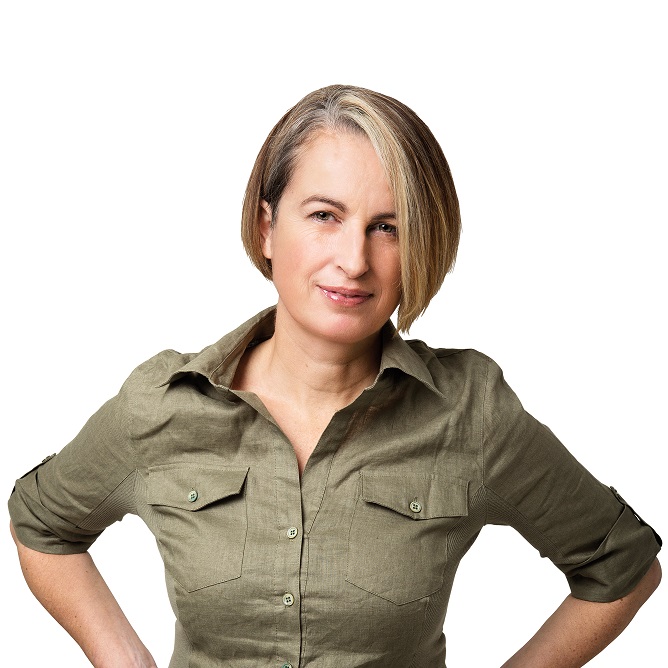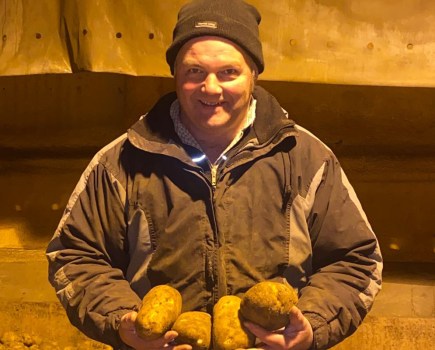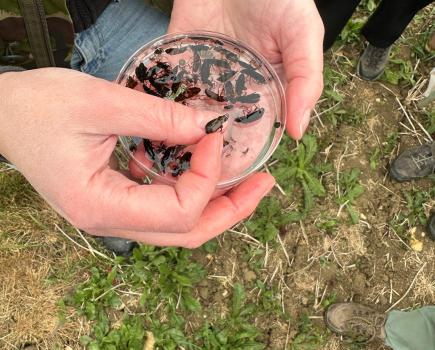
I’m not alone this month in finding it trickier than normal to find the words for this Last Word. Every one of our four farmer columnists has found themselves in the same boat – in spite of all the problems we’re facing here in the UK, it pales in comparison with the unimaginable situation many are living under in Ukraine. But reading the column pieces as they came in, it’s been apparent that we’re all thinking about the same things – food security, market volatility and our connection with food.
The news that in the besieged city of Mariupol residents had resorted to killing stray dogs to eat got me thinking about how much we take food for granted in the western world and about food waste in particular. The stats that 30-40% of our food is thrown away is nothing short of shameful really. It’s one of the biggest issues we should be addressing and yet it’s something that’s largely ignored in our society. We’ll happily don a red nose, raise some money for those less fortunate at home and abroad and not think about our own lifestyles and attitude to food.
My mother was a war baby and my father served during WWII in the Royal Navy. As children we grew up with stories about ration books, powdered eggs and the luxury of sugar and chocolate. We were exposed to images of starving children in Cambodia on the BBC’s six o’clock News (I think it was actually five o’clock in those days) – we knew we were fortunate. We each had a little plot in the veggie garden, so we discovered the excitement of harvesting the seeds we’d sown – though the weeding was never something I enjoyed much!
We learnt to eat what was in front of us and not pile our plates too high so that we left them clean – uneaten food would have been an afront to the hardships our parents had endured. We had a roast for Sunday lunch, and it then fed us for days to come as every single bit was used up and the bones turned into stock to make soup.
I never understood that other families had a different attitude to food until I went to University and lived with two other girls in a (very squalid) rented student house. When taking on cooking duties, it was normal to be relieved of clearing/washing up duties by the other two. Having roasted a chicken one night, to my horror I witnessed the remainder of the chicken – still sporting a leg, wings and that most prized of all morsels, the oyster underneath – tossed unceremoniously into the bin. In my mind that was lunch and supper for another day.
That’s when I realised that the connection with food and its worth isn’t the same for everyone. Growing up on a farm, you’re acutely aware of the risk and hard work that goes into producing food and where meat is concerned, that an animal has died to feed us.
How to reconnect farming and food isn’t a simple problem to solve. The true value of food has been undermined for decades to keep food cheap, though arguably the British love for highly processed foods has its own cost in terms of health. Quantity also often trumps quality in an ‘as much as you can eat’ culture.
Initiatives such as Farmer Time, which takes farming into the classroom or the classroom onto farms is a great start. The internet and social media have created more connection than there was 20 years ago, but the disconnect between farming reality and public perception has been stark when reading Twitter threads since Putin began his war.
People believe farming subsidies are still based on production, whereas that price support disappeared years ago. They believe that there are butter and grain mountains and milk lakes – again these products of the CAP disappeared decades ago. And then there’s the old chestnut I’ve seen bandied around recently: ‘have you ever met a poor farmer?’.
Misconceptions about farming abound and somehow as an industry we have look at our PR and reach out to the consumer, to people outside our circle of understanding. I don’t believe we have a single body that’s really achieving that, though we have individuals who are cutting through the barriers that separate those living off the land and the majority of those who regard food as something they buy in a shop.
The past two years of the pandemic should have taught us something, not least that our supply lines are inflexible and fragile. And here we are with another crisis threatening food and energy security. Let’s hope the politicians wise up to the fact that out-sourcing our food supply to countries the other side of the world isn’t the best solution. Neither is another ‘dig for victory’ campaign. Probably our society should look at its own eating habits first and foremost and work harder to embrace the mantra of my own childhood – ‘waste not, want not’.
Based in Ludlow, Shrops, Lucy de la Pasture has worked as an agronomist, while among the Twitterati, she’s @Lucy_delaP.
lucy@cpm-magazine.co.uk




